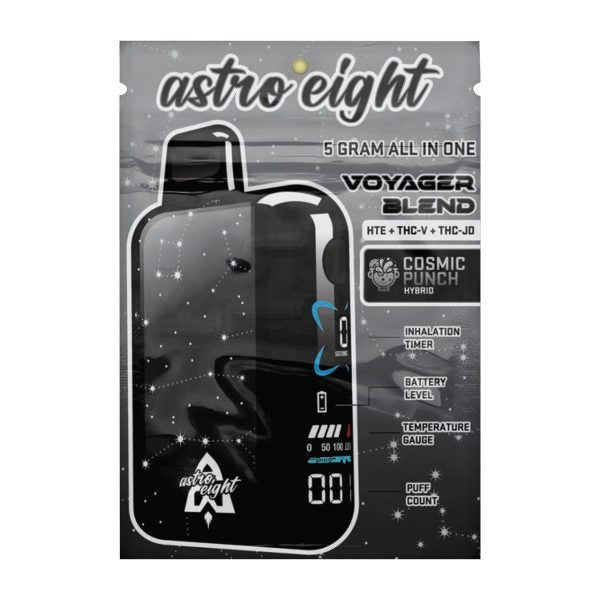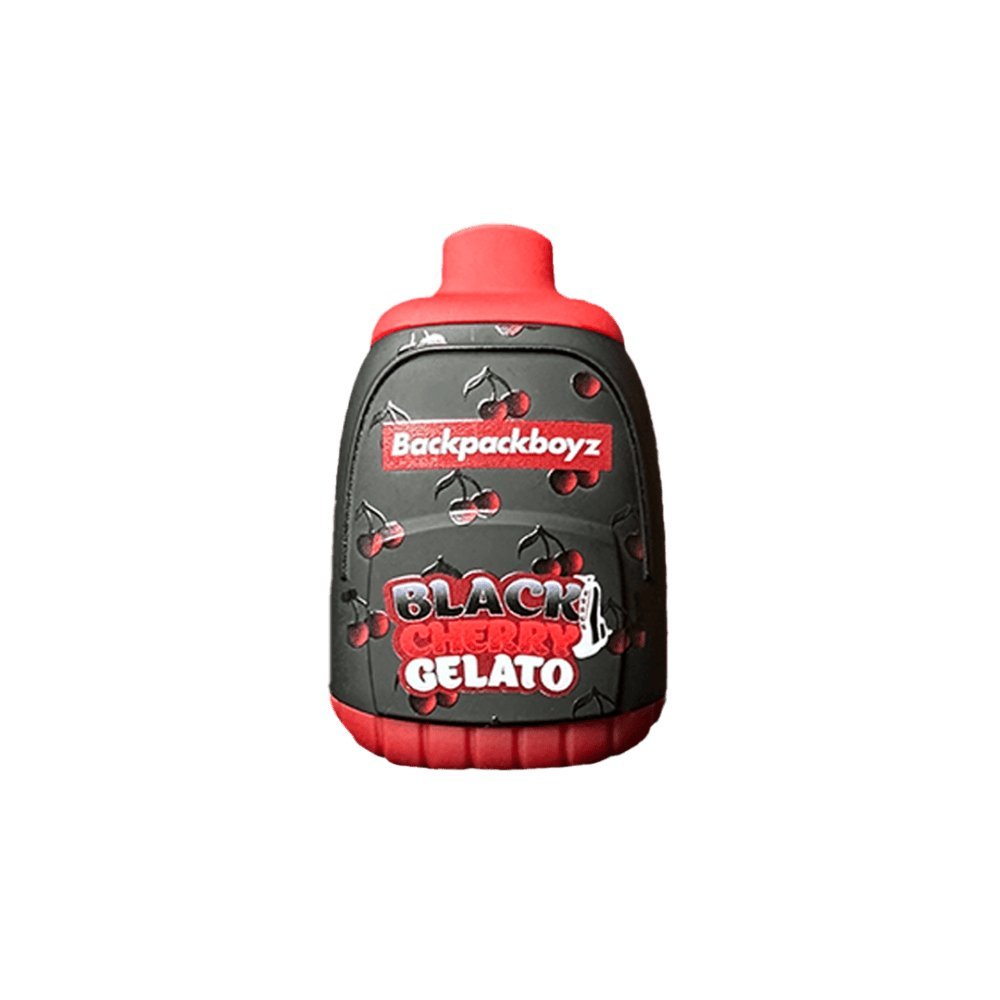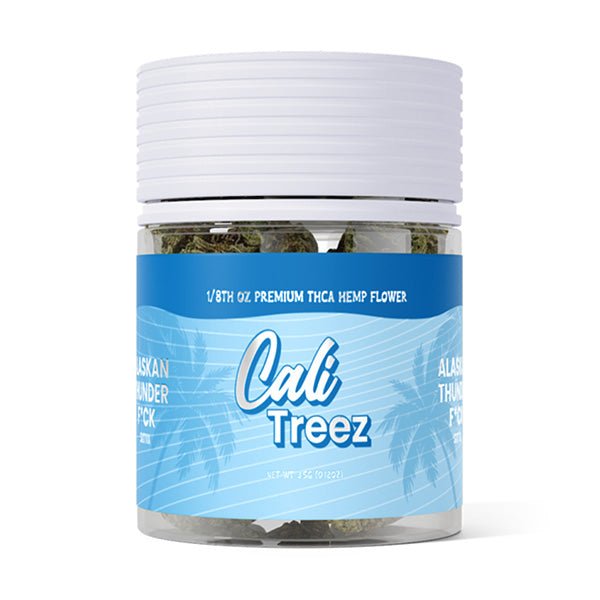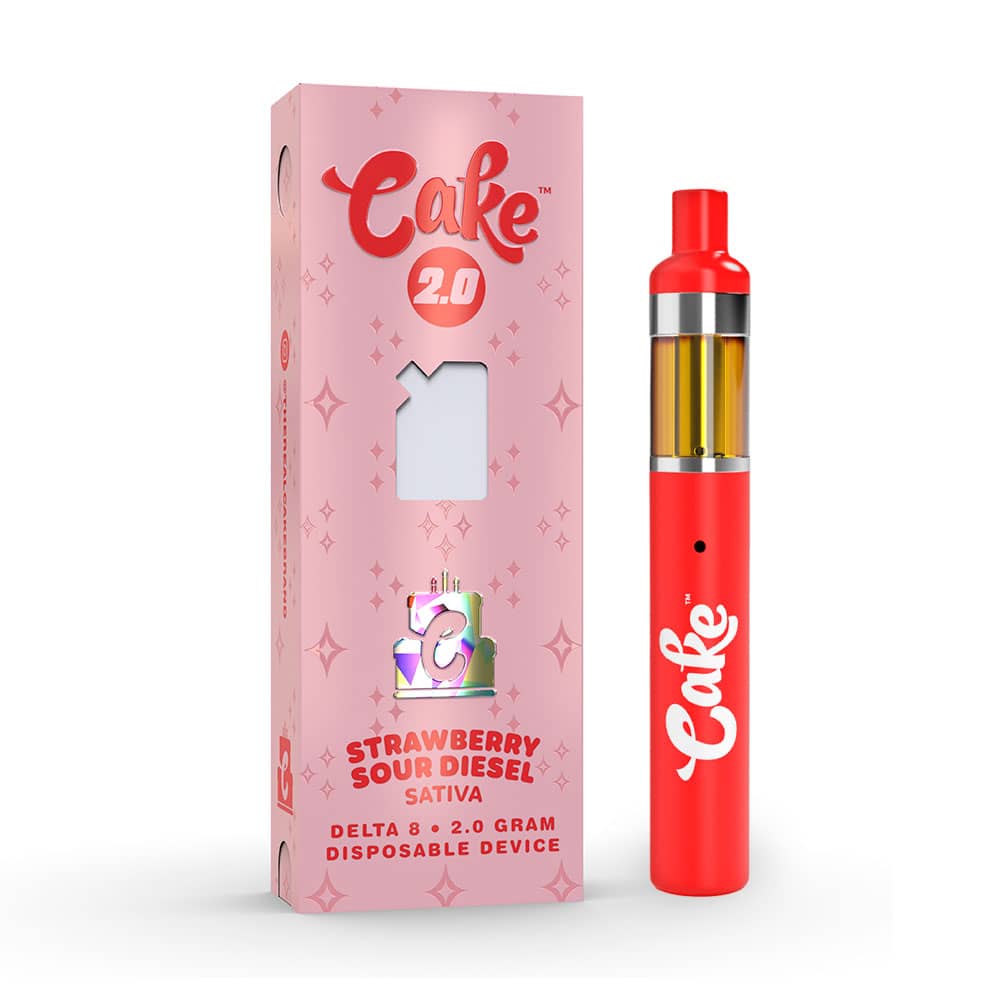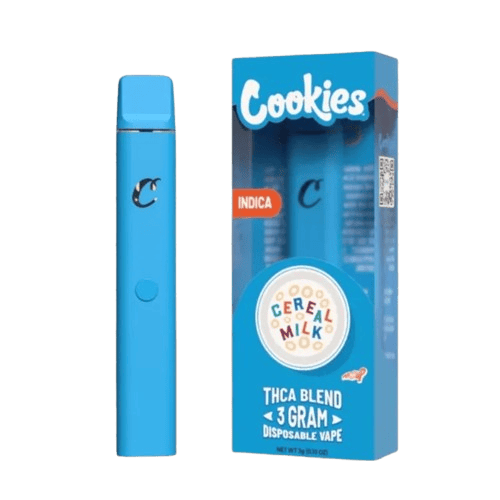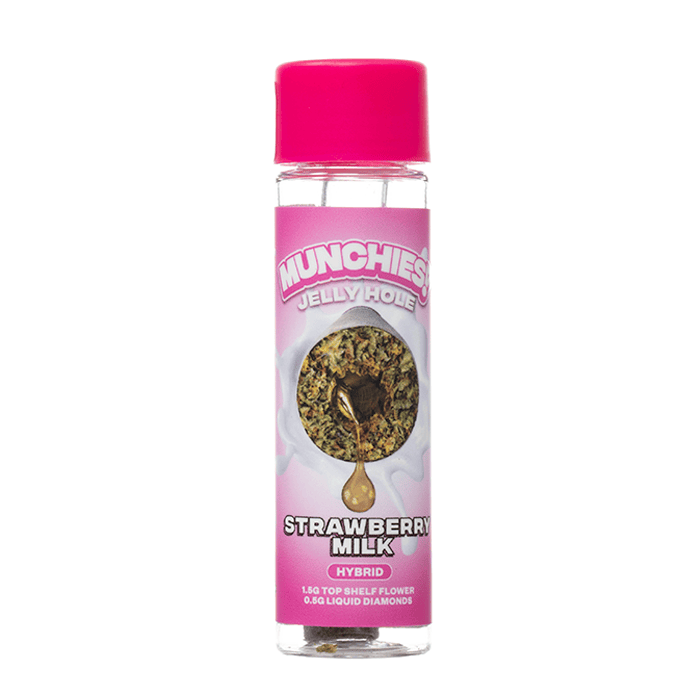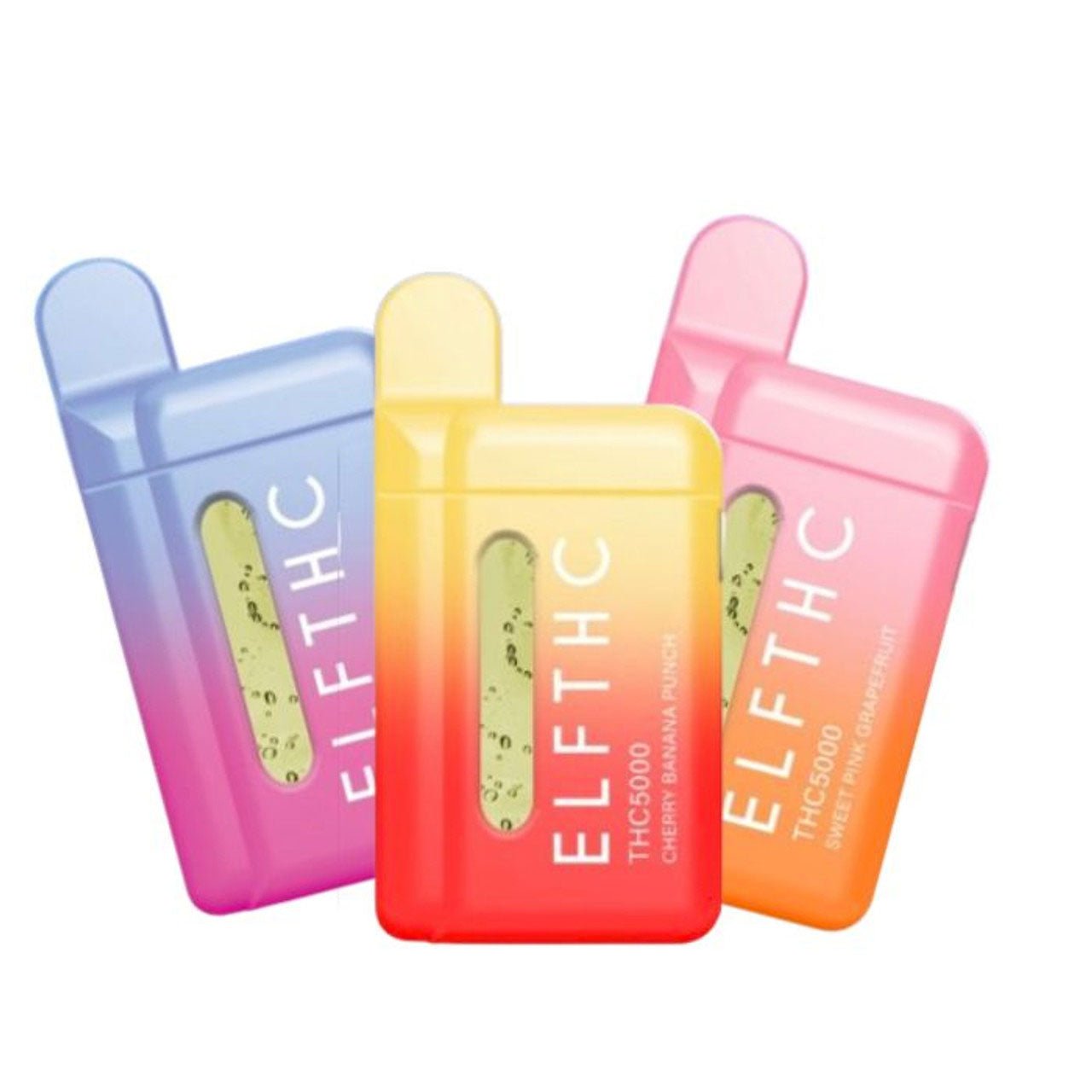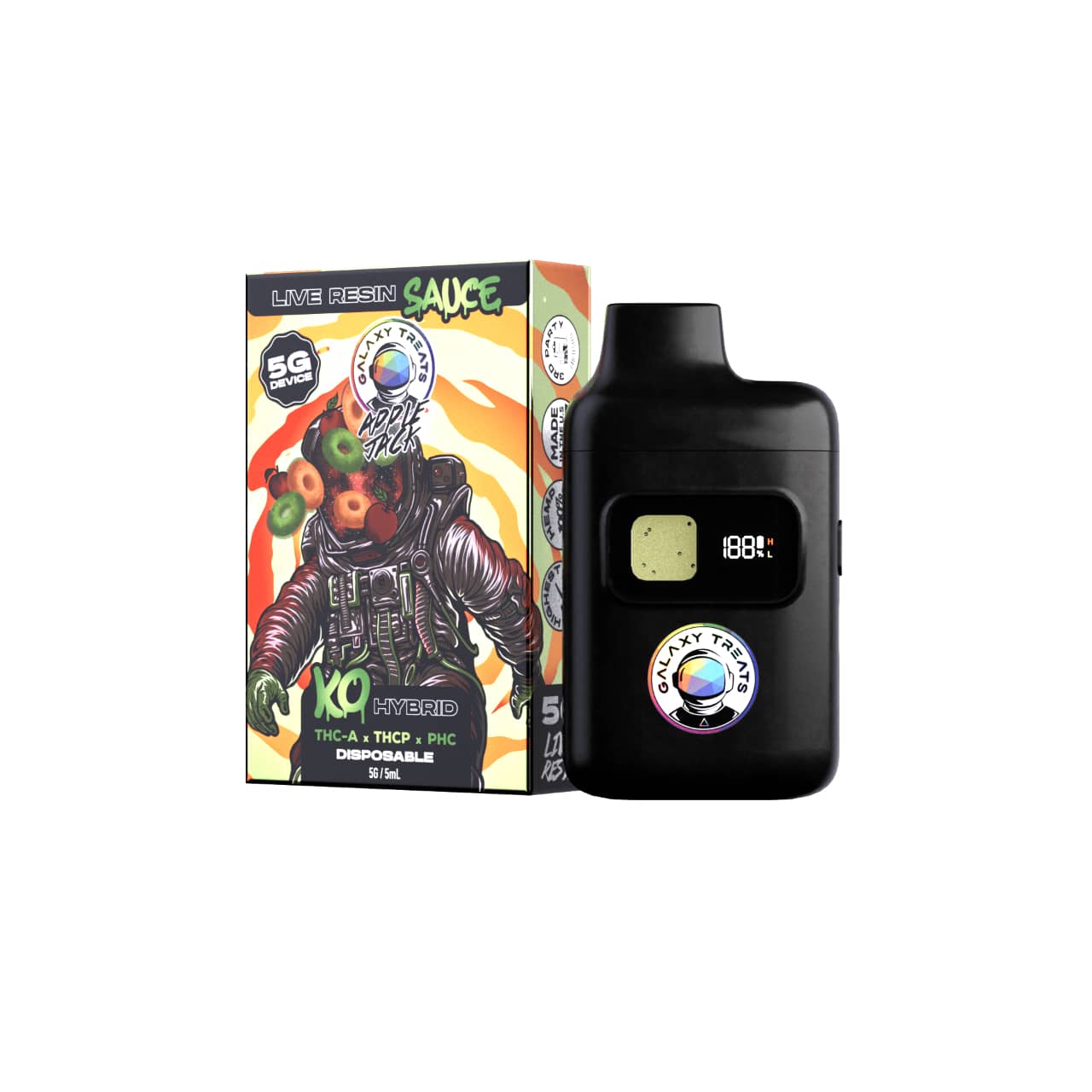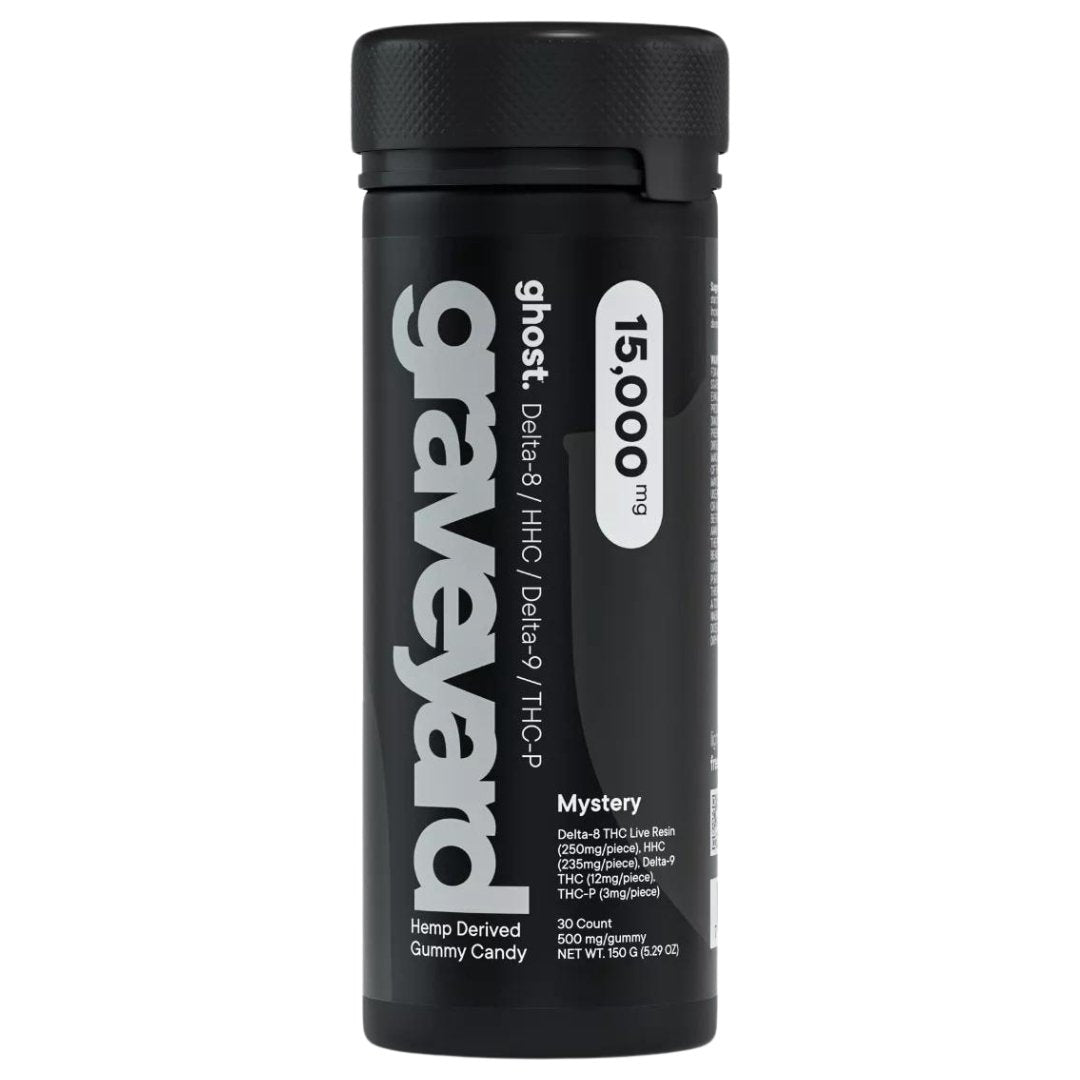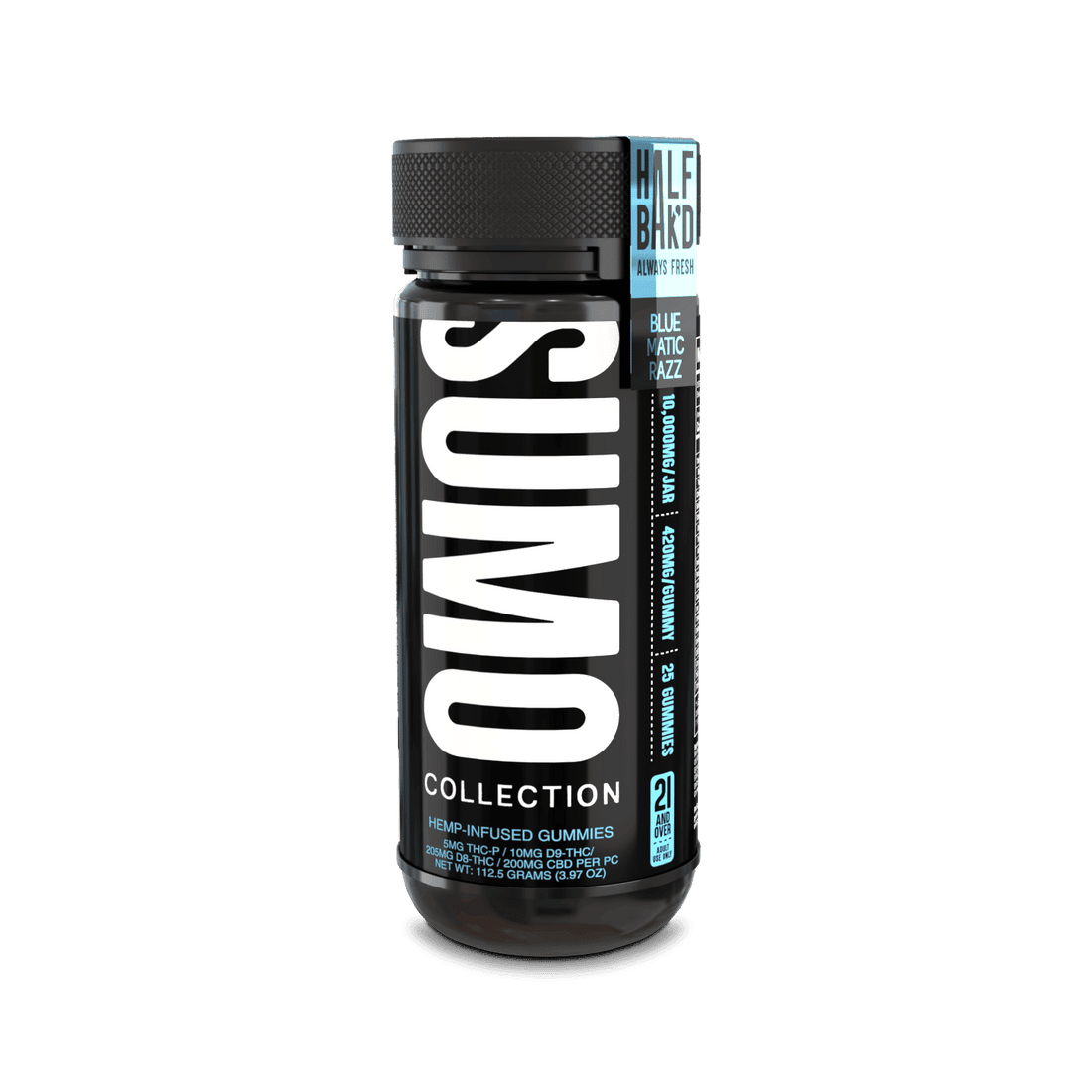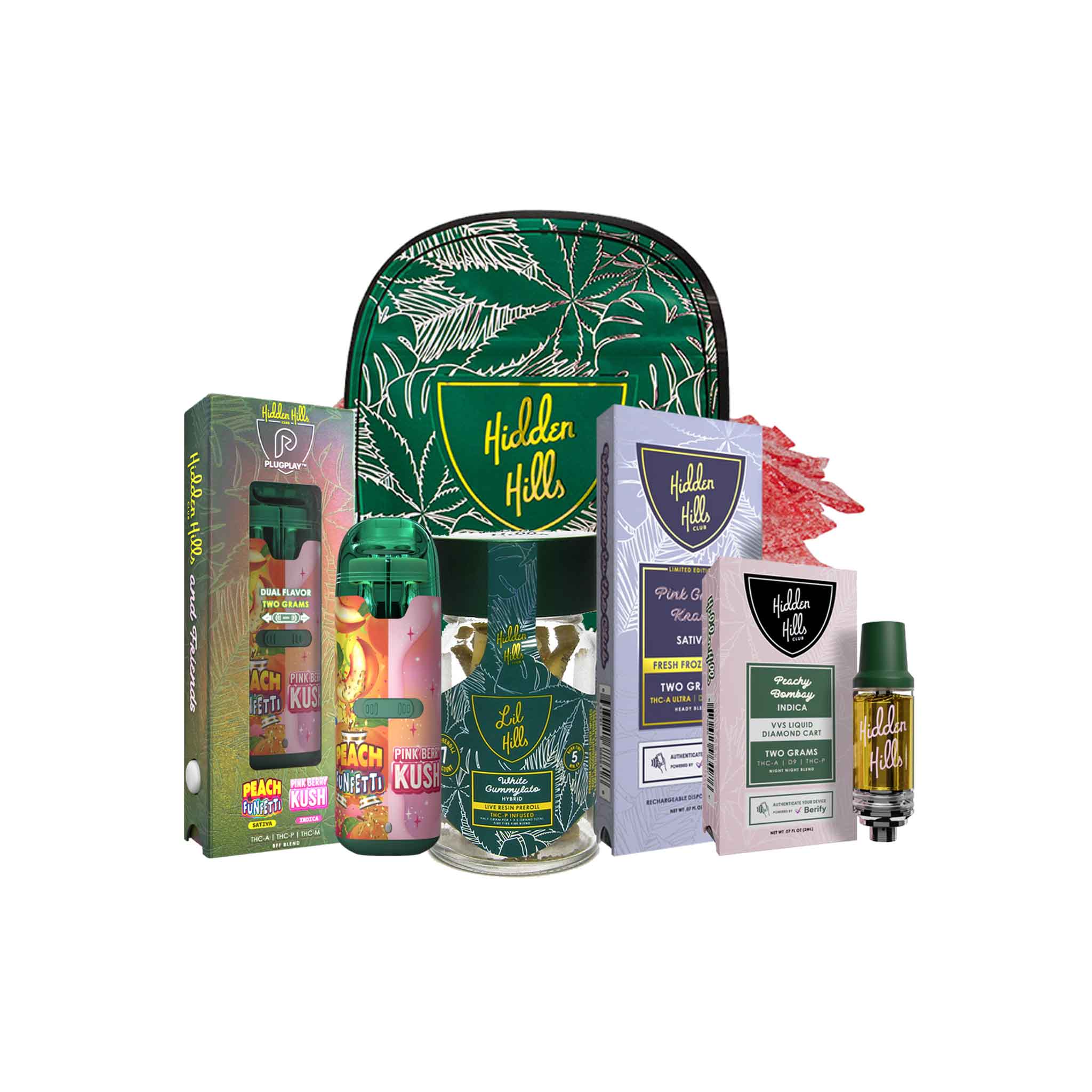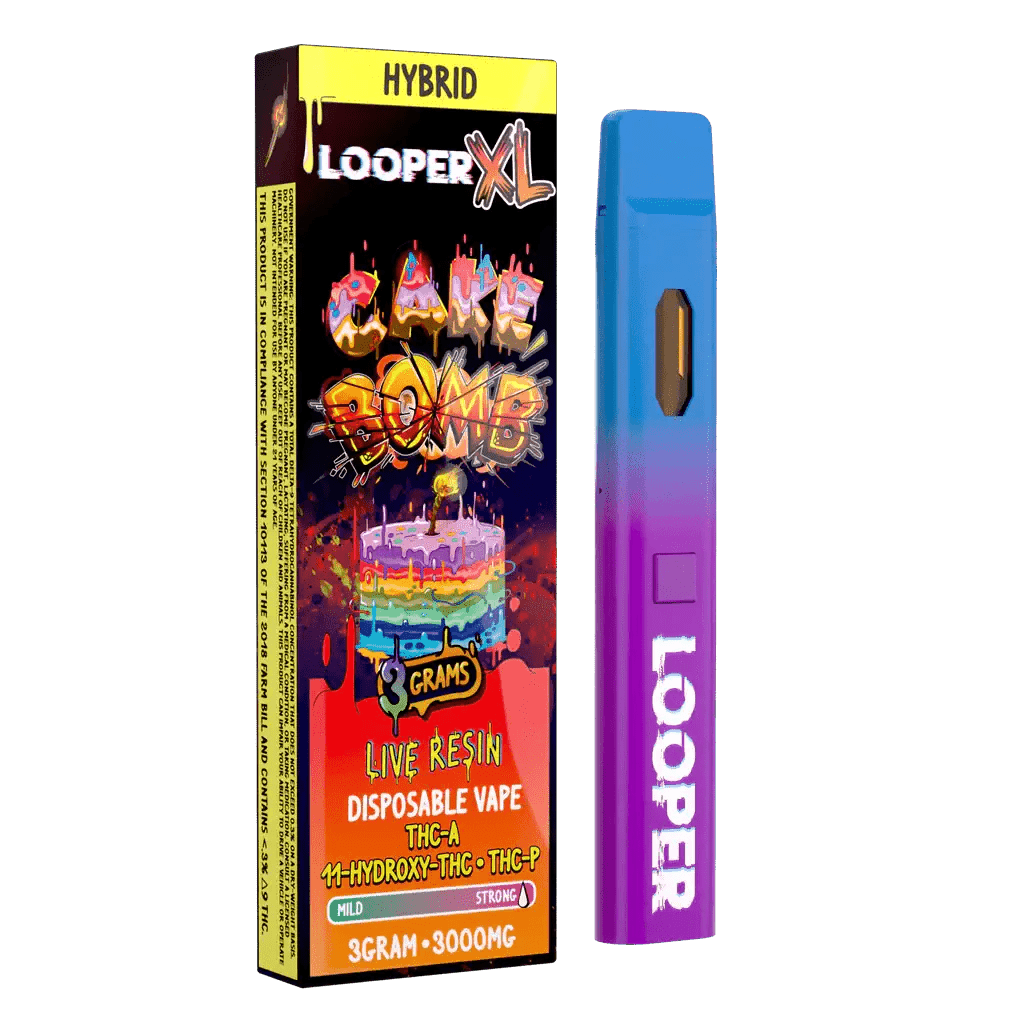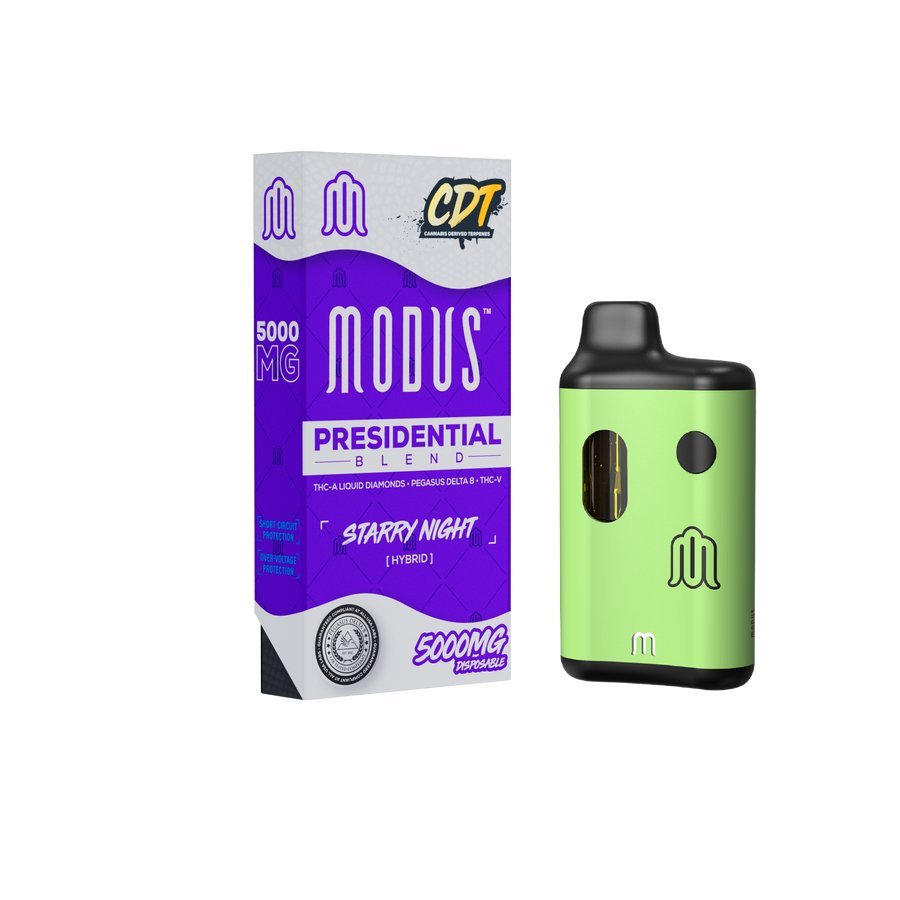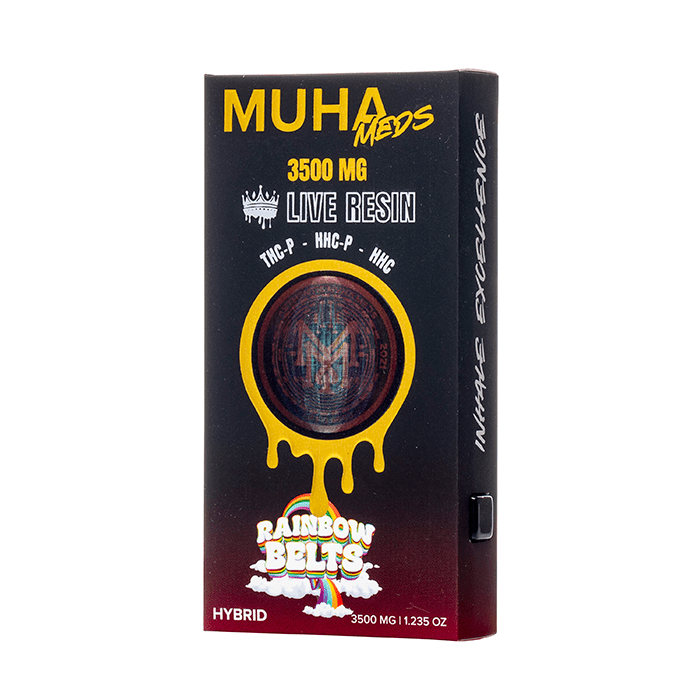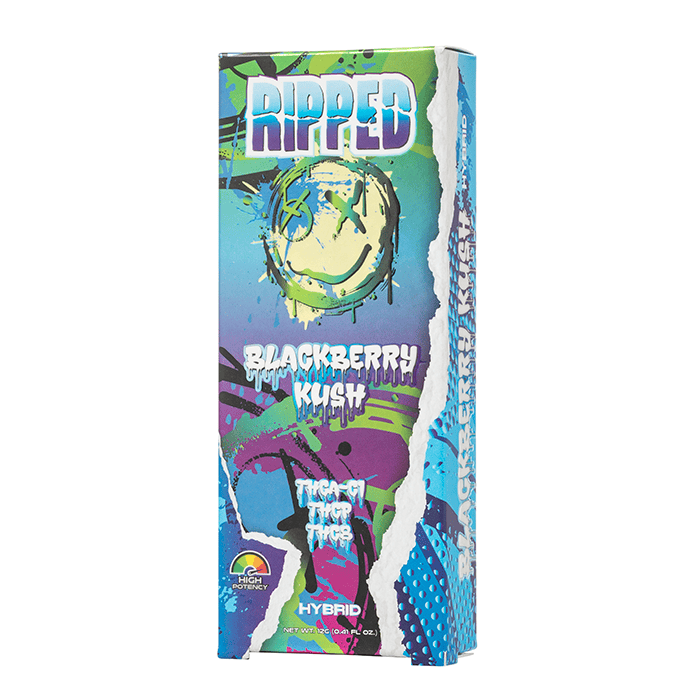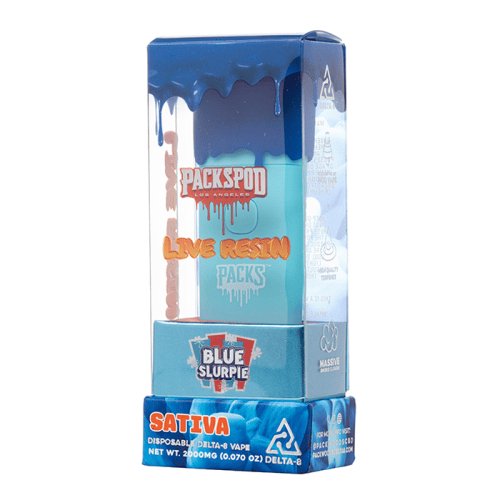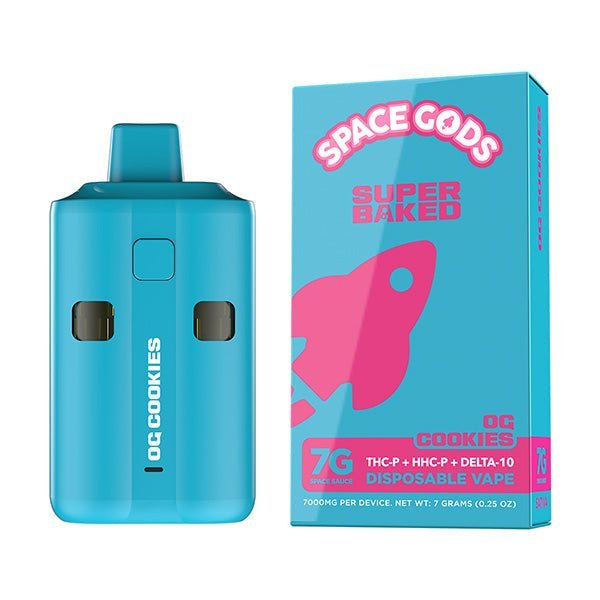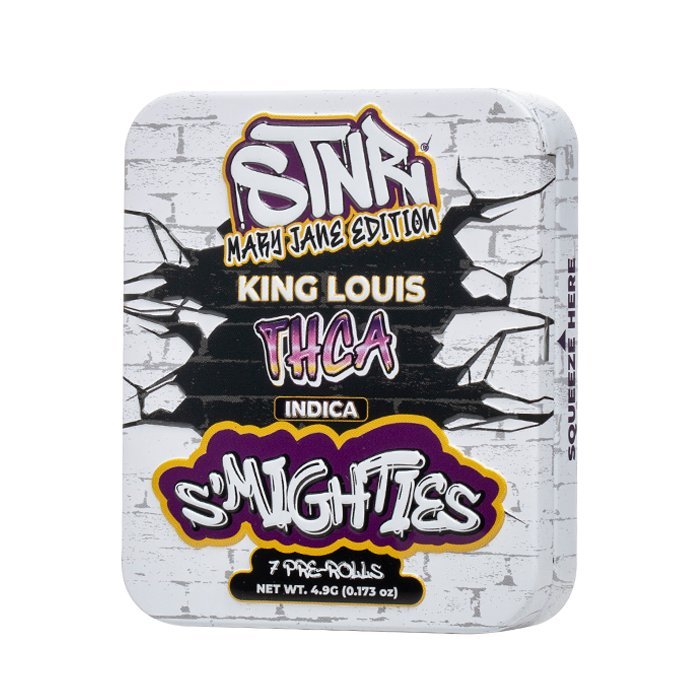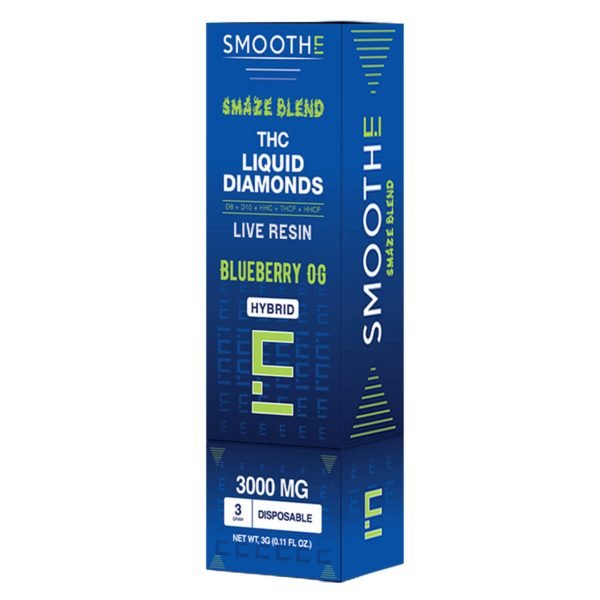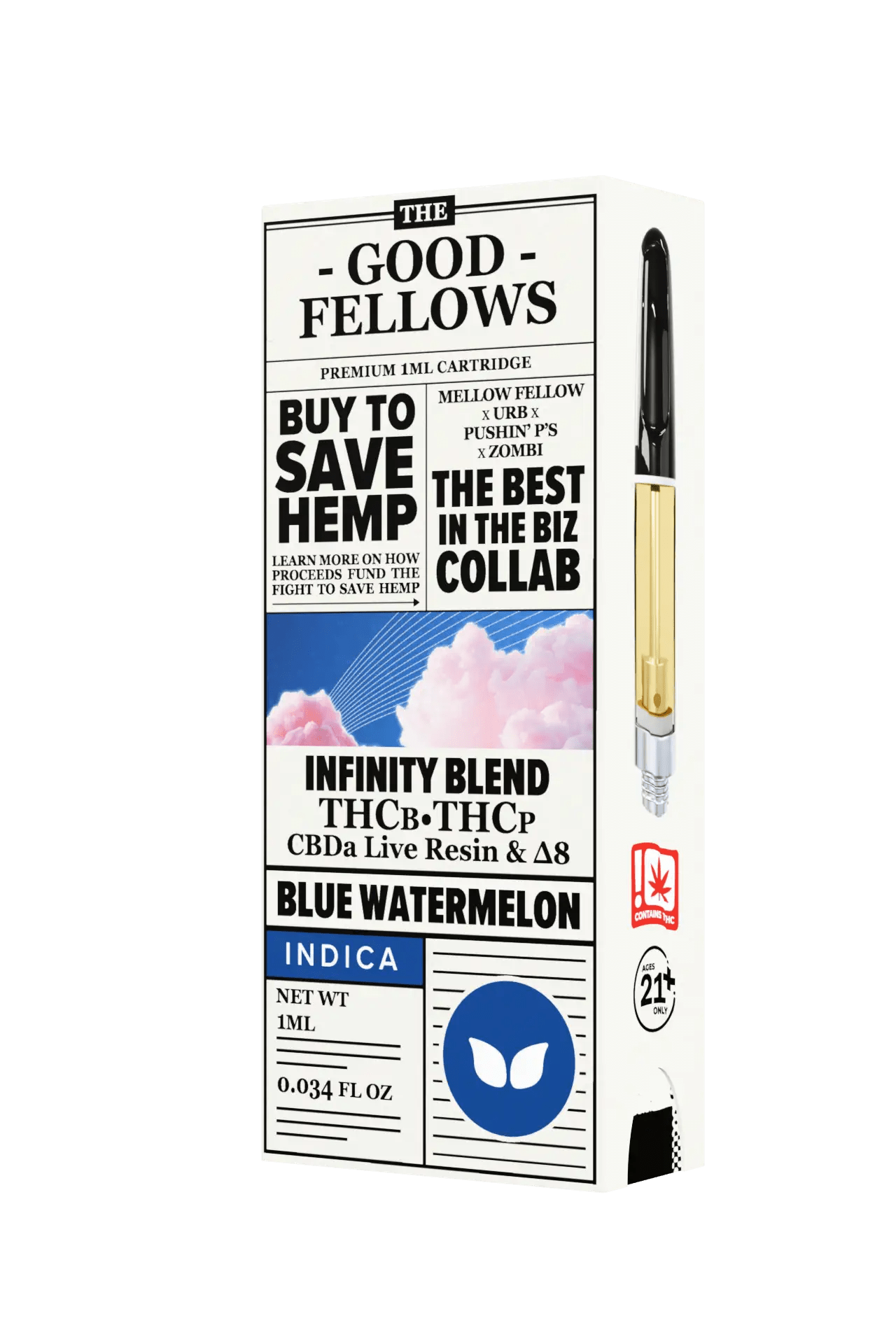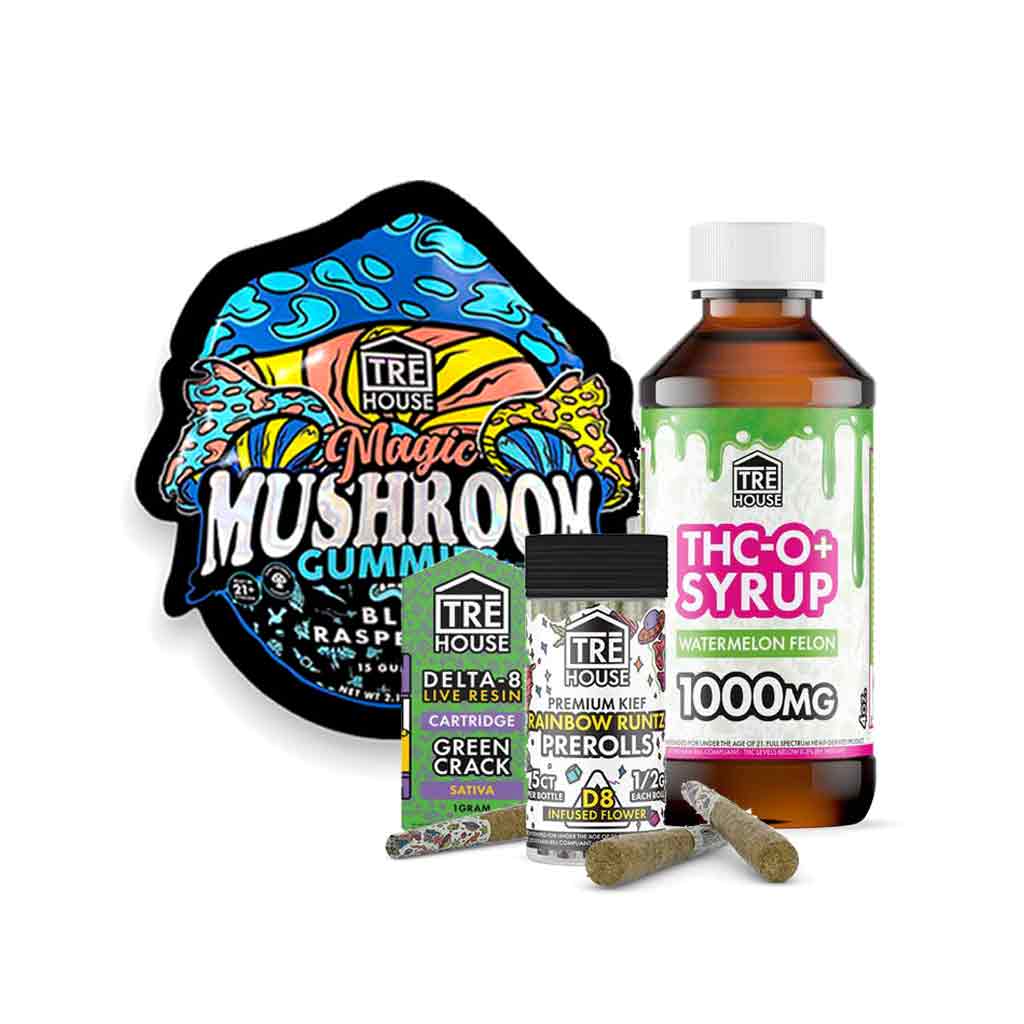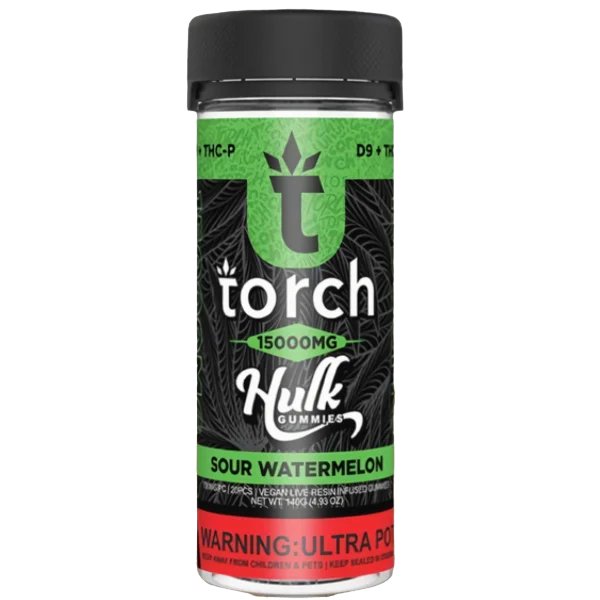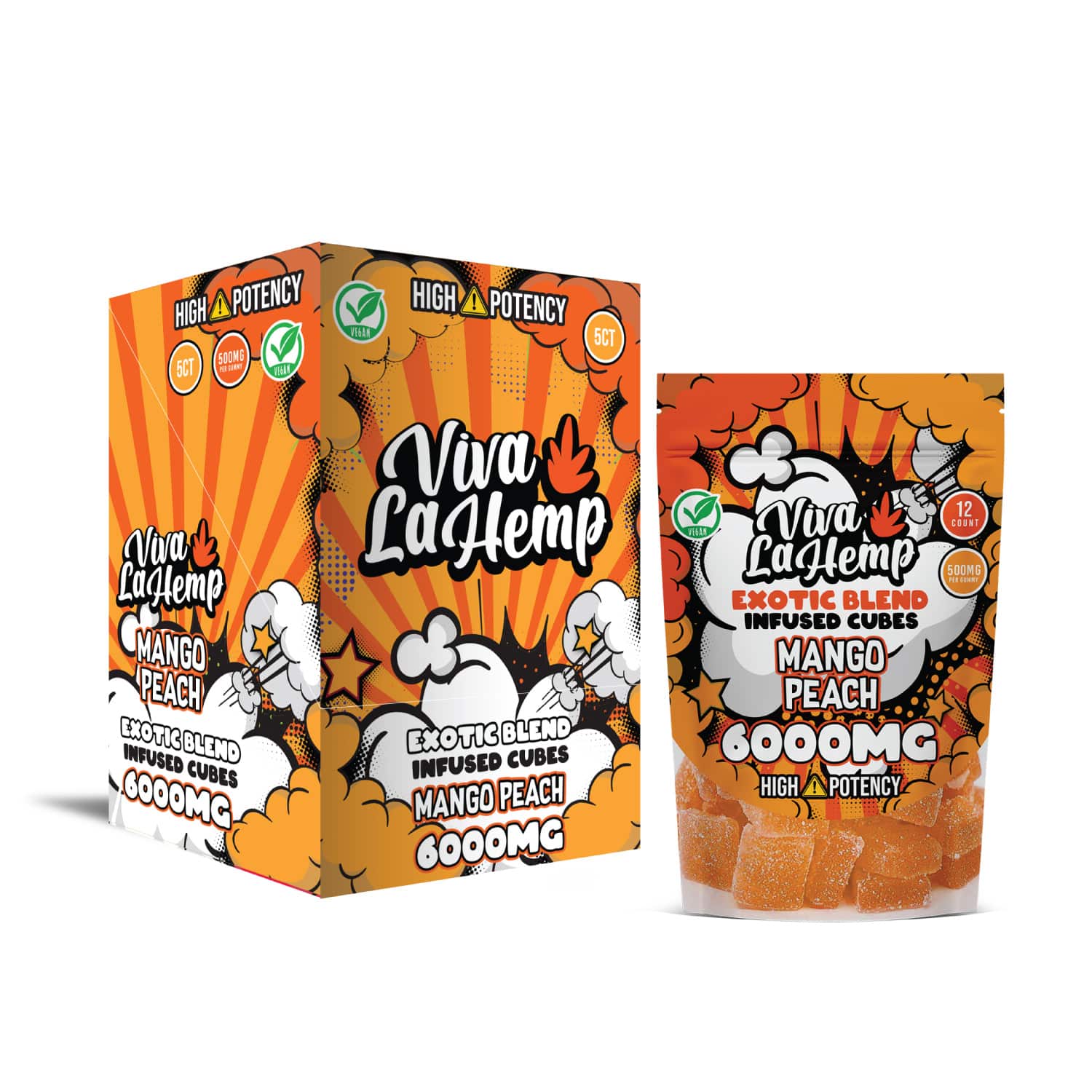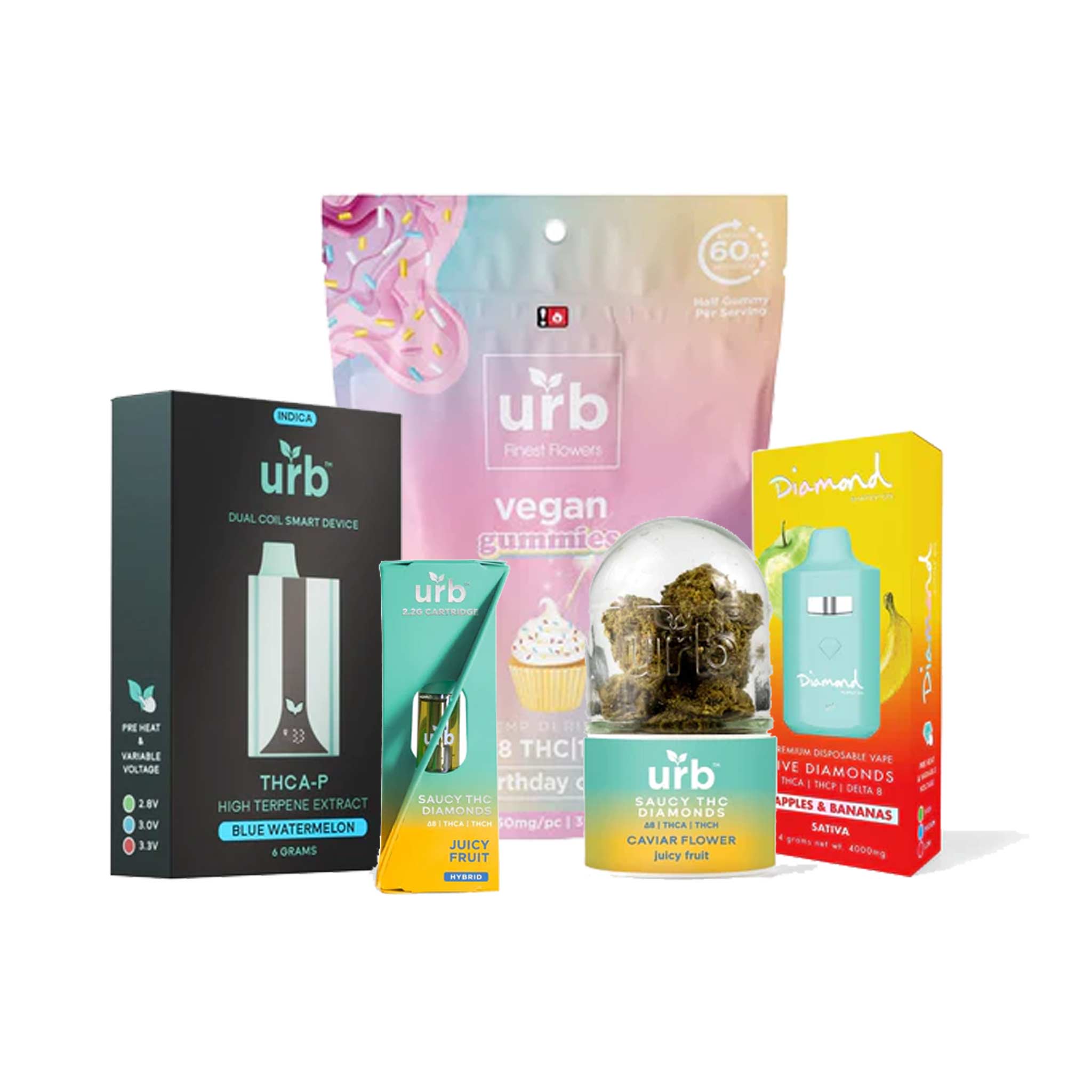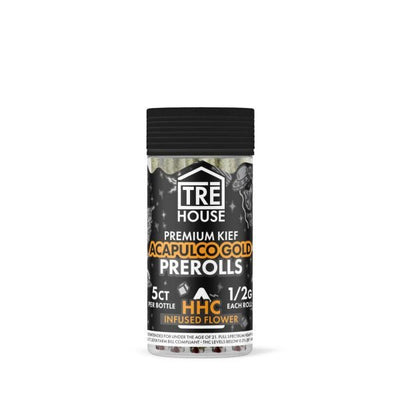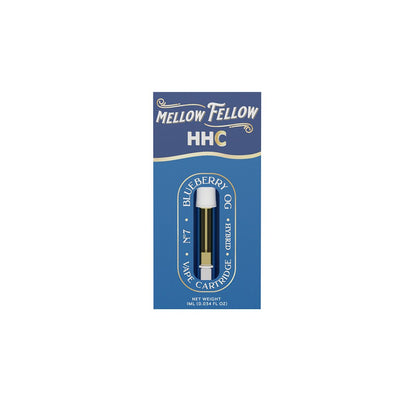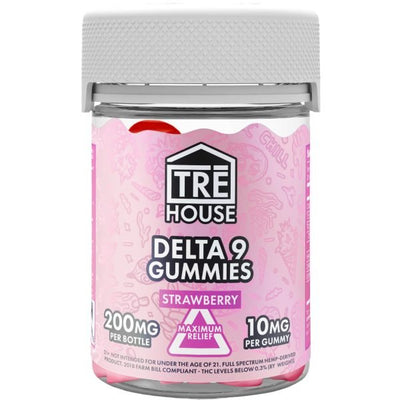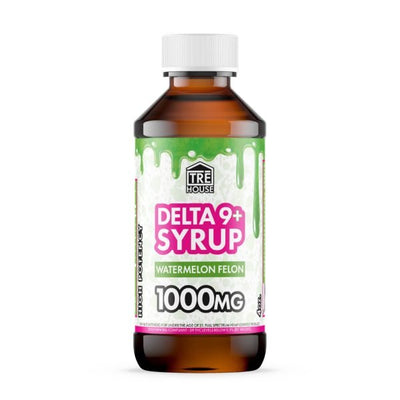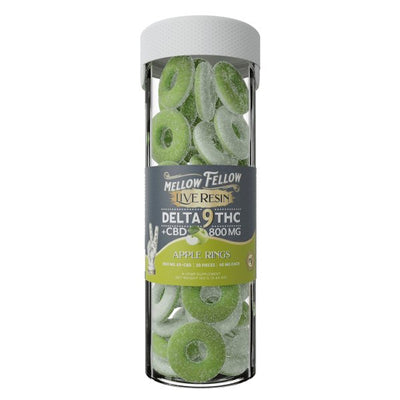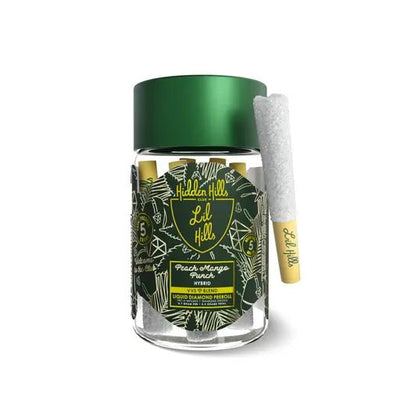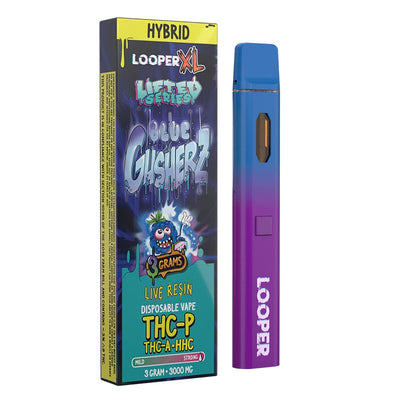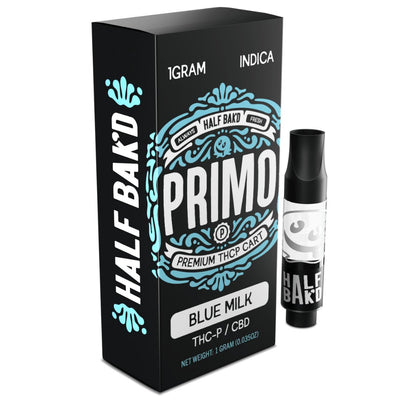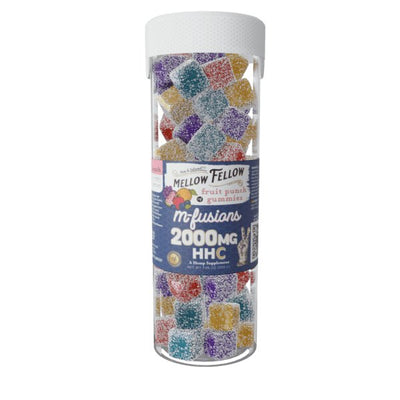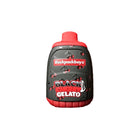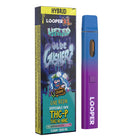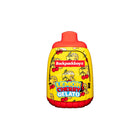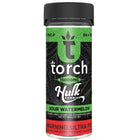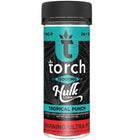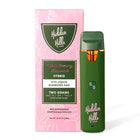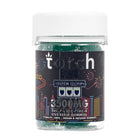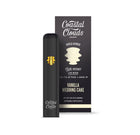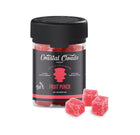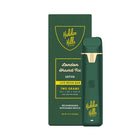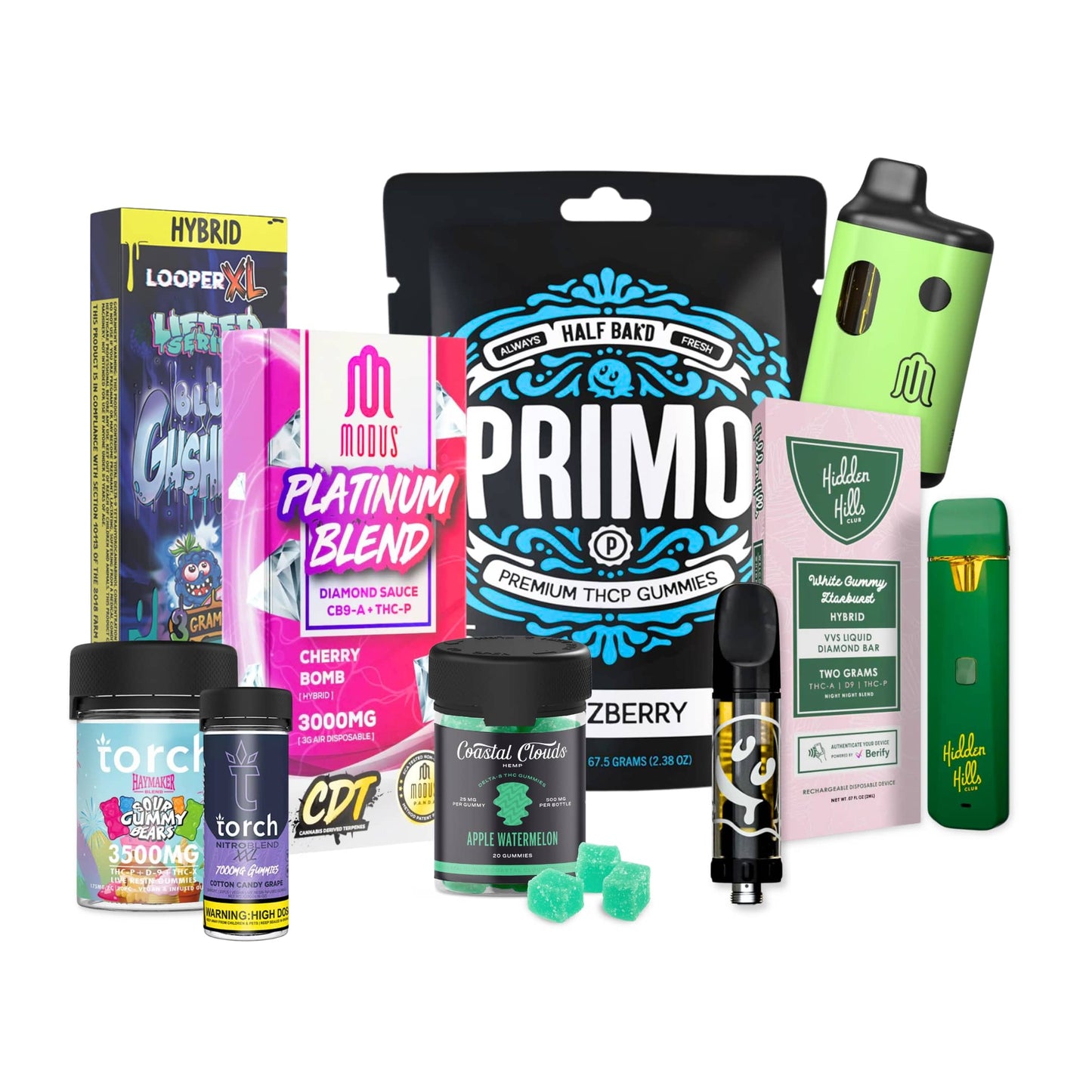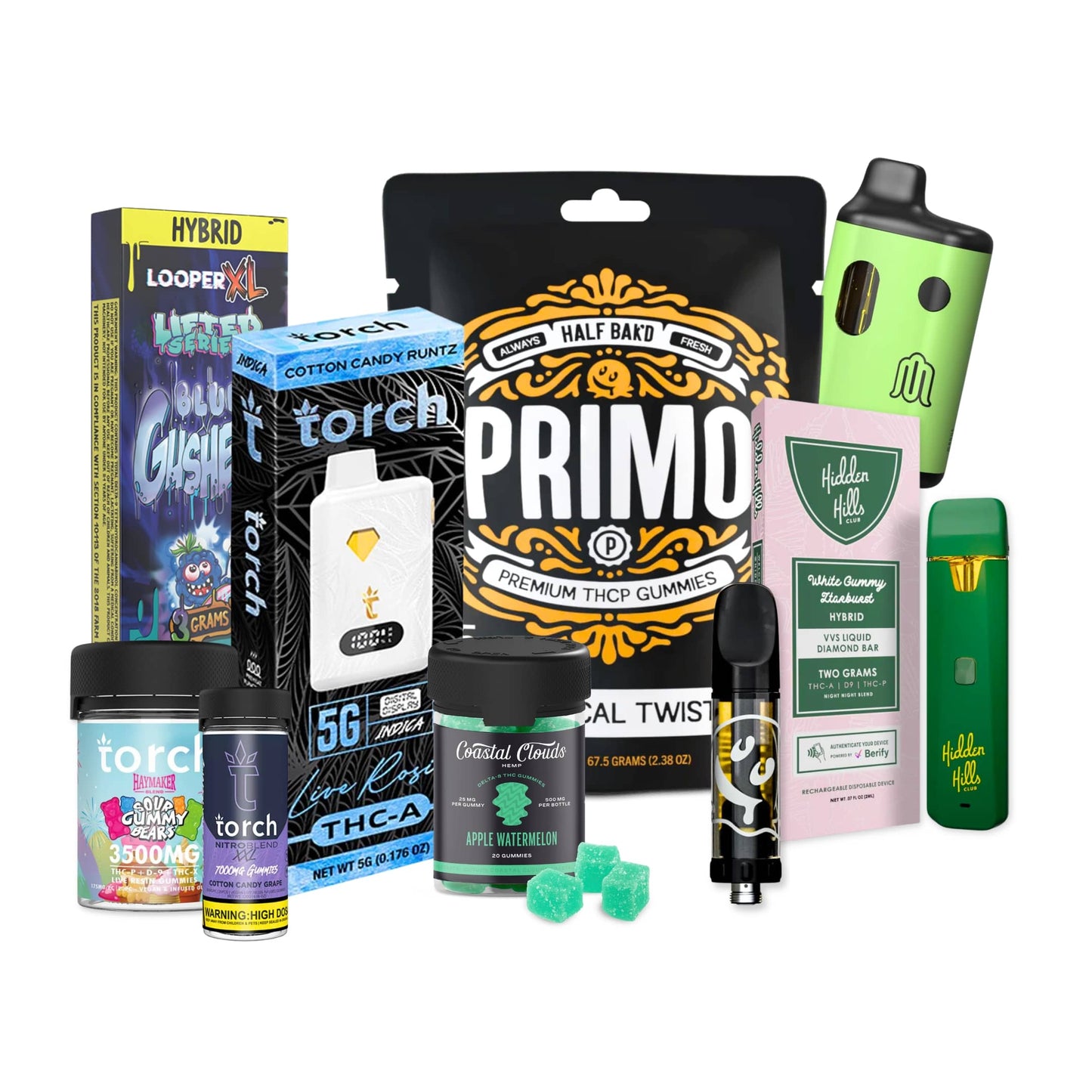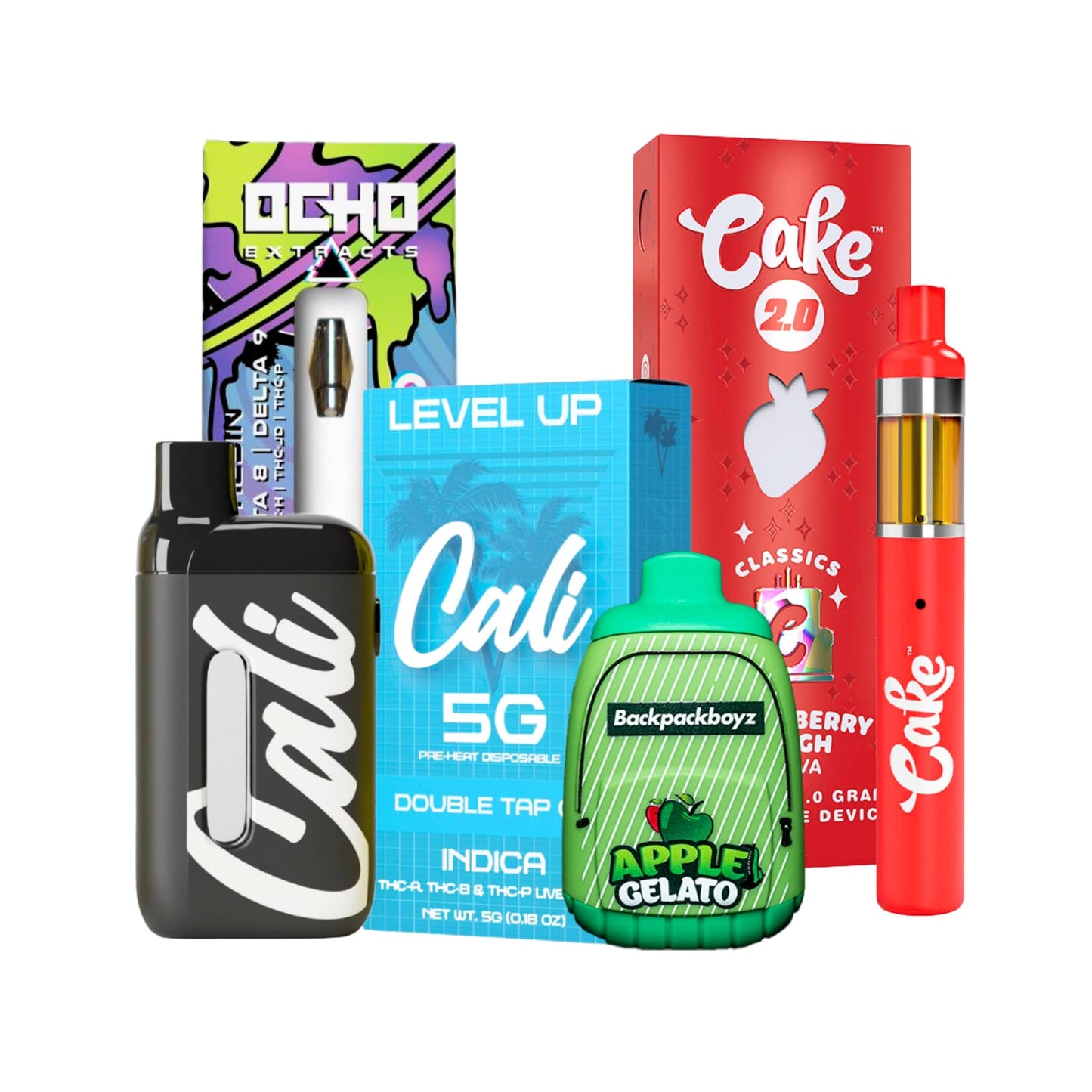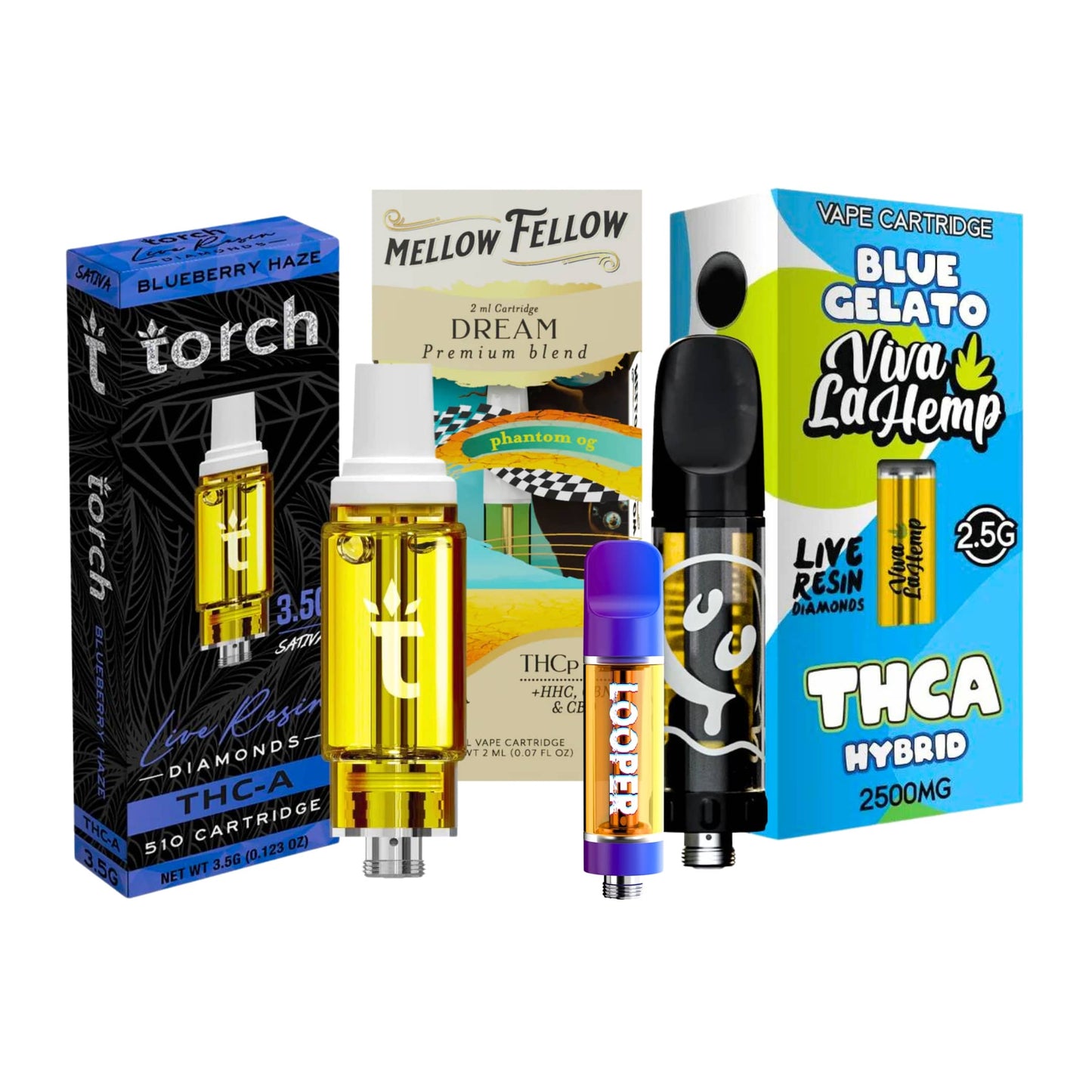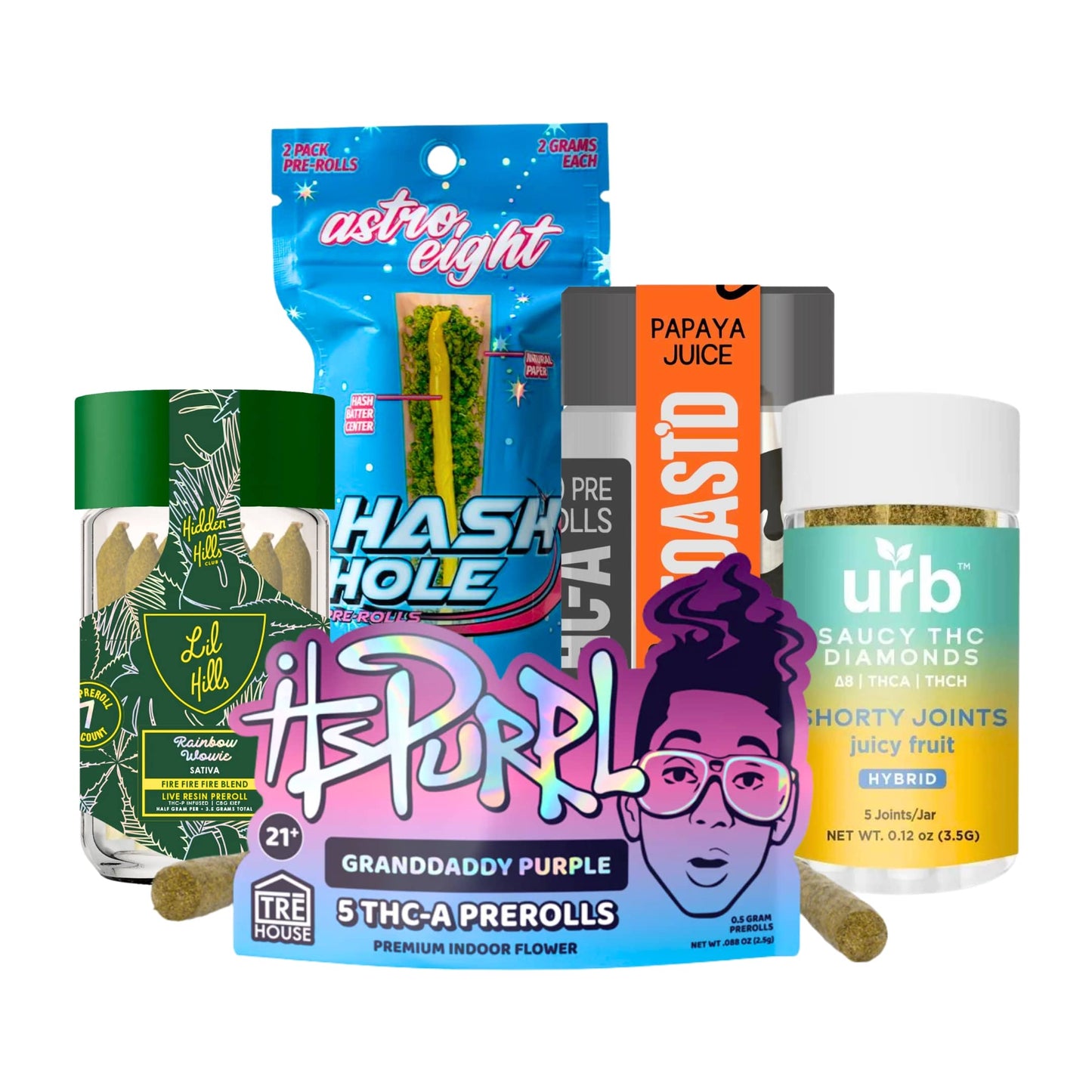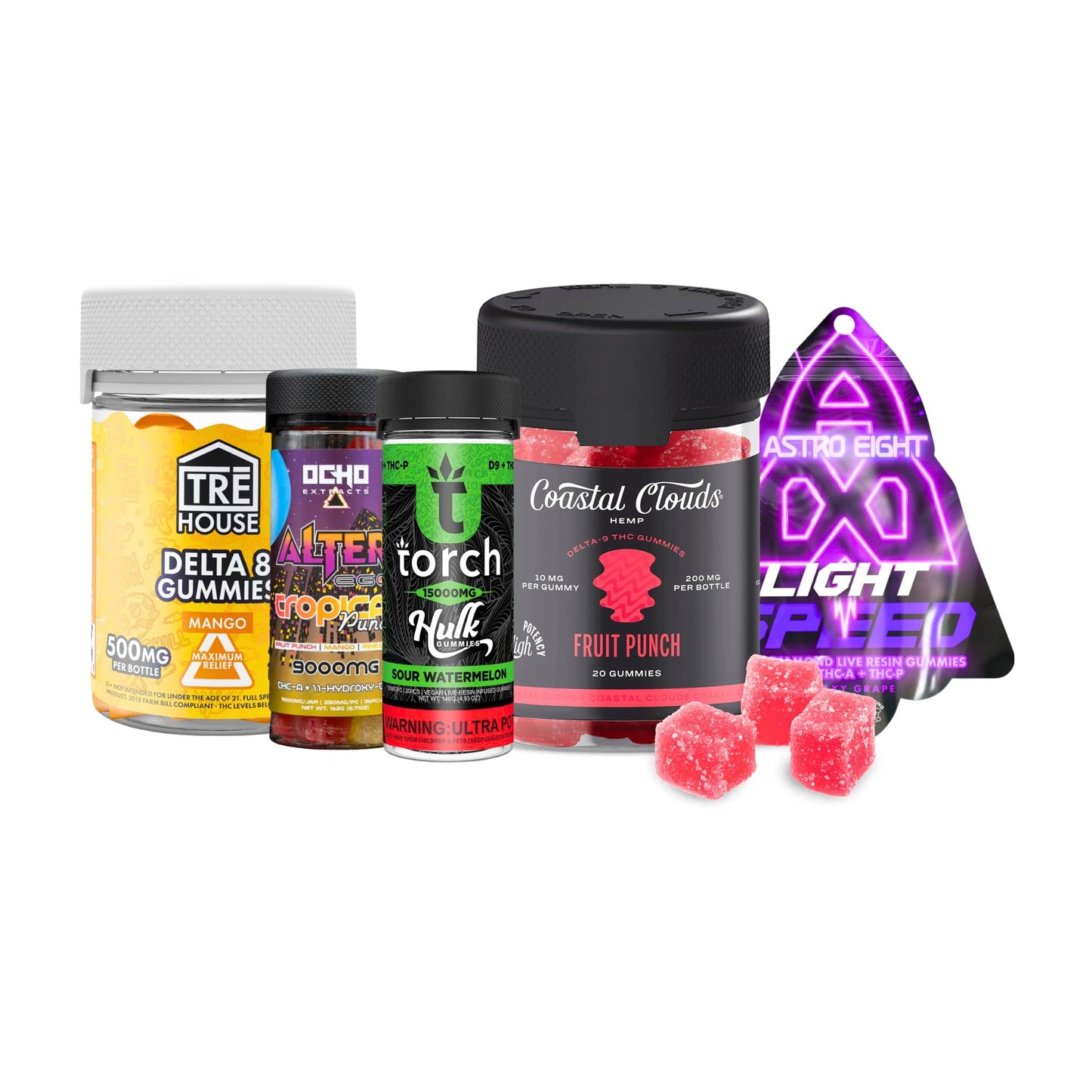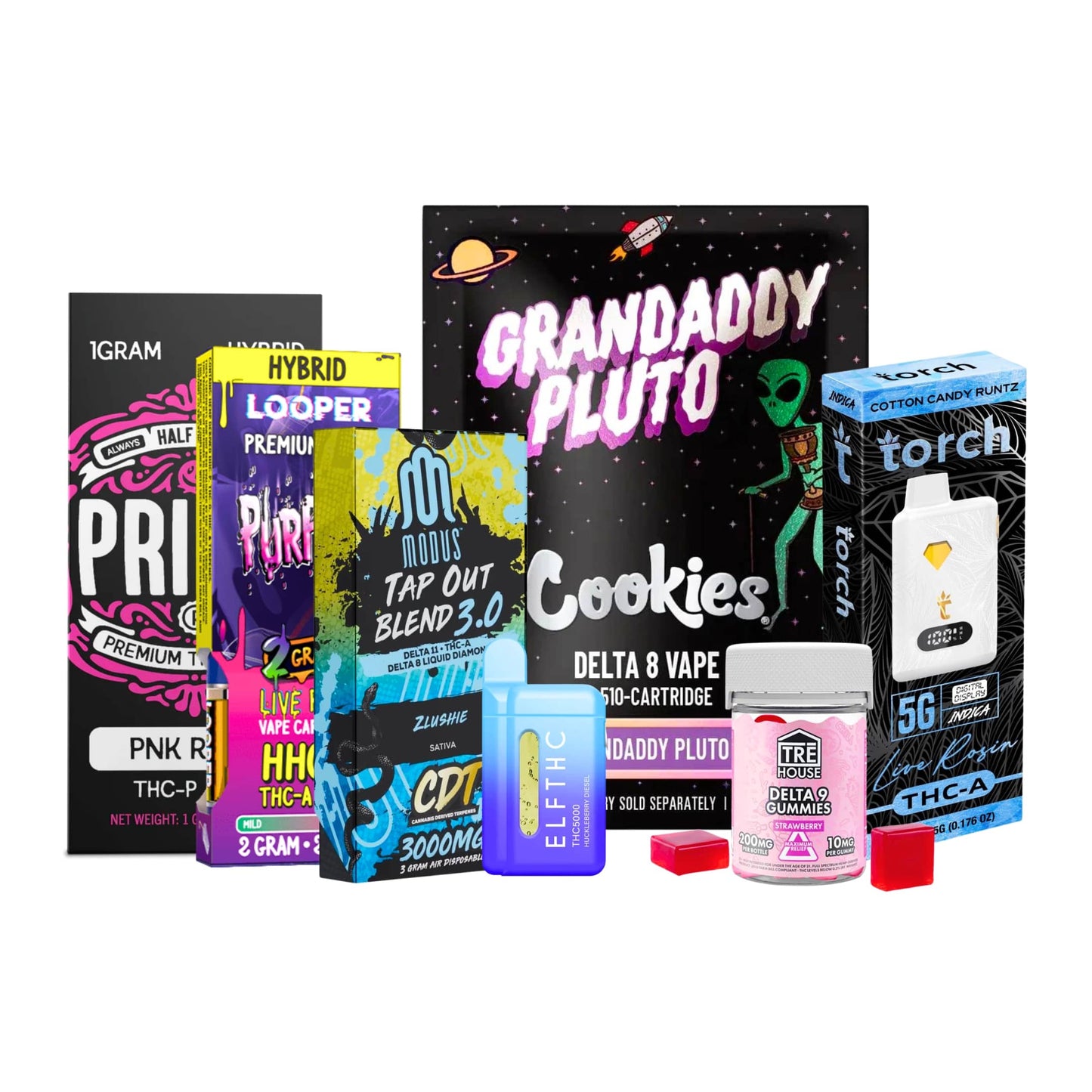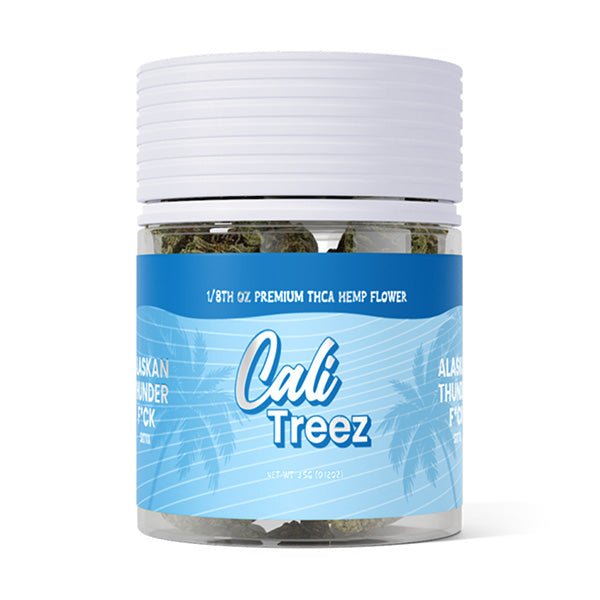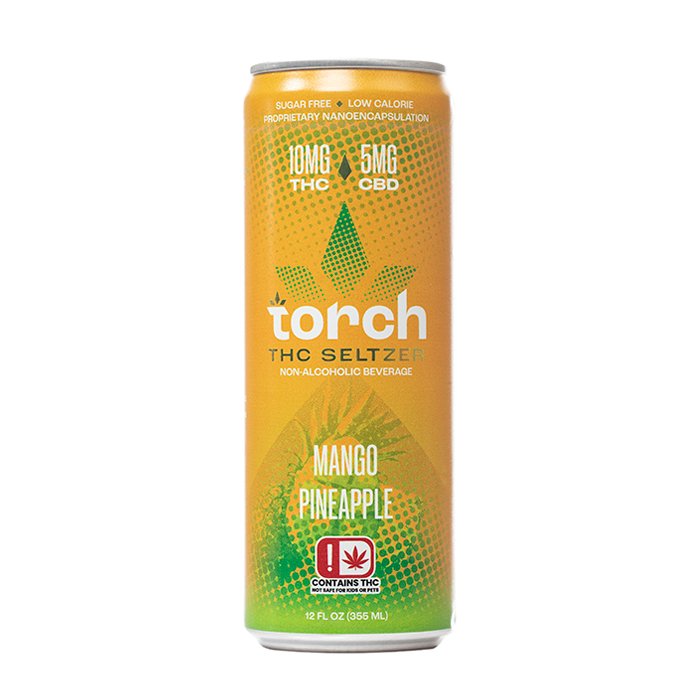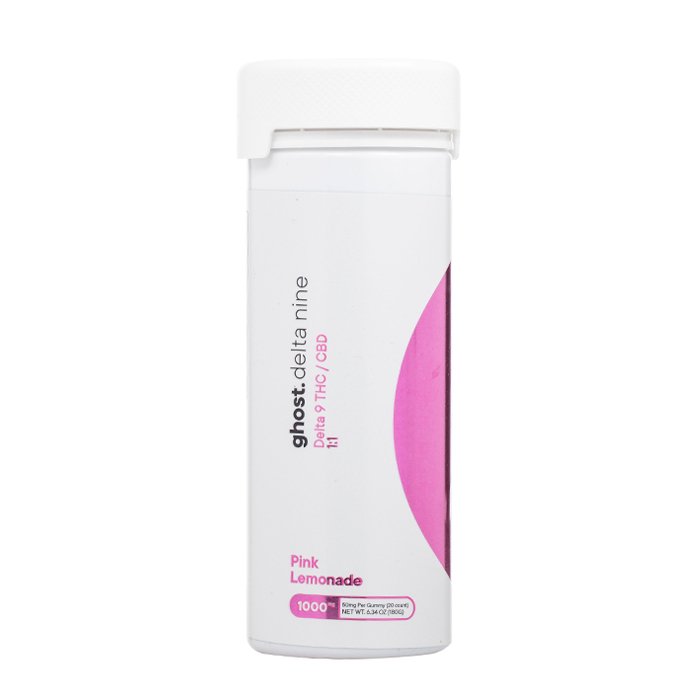Get a FREE Gummy or Vape
Sign up to get a FREE welcome vape or gummy on your first order when you buy 4 or more products.
In this guide, we'll explore the differences between HHC and Delta 9, diving into their chemical structures, psychoactive effects, and more.
Whether you're a beginner or seasoned user, understanding these cannabinoids can help you make informed decisions about which product is best suited for your lifestyle.
===ARTICLE_CTA===
What is HHC (Hexahydrocannabinol)?
HHC is a hydrogenated form of THC, meaning it’s derived by adding hydrogen molecules to THC, which results in a more stable compound.
This process improves its shelf life and makes it less prone to degradation when exposed to light and air. HHC is typically sourced from hemp and offers a more controlled high compared to other cannabinoids like Delta 9.
You can find various HHC products like best HHC gummies that provide a consistent experience.
- ===PRODUCT_9573887115556===
- ===PRODUCT_9592789401892===
- ===PRODUCT_9609896821028===
- ===PRODUCT_8933651480868===
- ===PRODUCT_8650840539428===
What is Delta 9?
Delta 9 THC, commonly known simply as Delta 9, is the primary psychoactive compound found in cannabis. This compound binds with CB1 receptors in the brain, creating the well-known euphoric effects associated with marijuana use.
Delta 9 is found in both cannabis and hemp plants, though the concentration of Delta 9 in hemp-derived products must be below 0.3% by weight to be federally legal in the United States.
- ===PRODUCT_9593162858788===
- ===PRODUCT_9599092392228===
- ===PRODUCT_9611600265508===
- ===PRODUCT_9510594674980===
- ===PRODUCT_9582551204132===
HHC vs Delta 9: key differences
When comparing HHC vs Delta 9, it's essential to consider various factors such as their chemical structure, psychoactive effects, potency, and stability.
|
Aspect |
HHC (Hexahydrocannabinol) |
Delta 9 THC |
|
Chemical Structure |
Hydrogenated form of THC |
Organic compound found naturally in cannabis |
|
Psychoactive Effects |
Milder, less intense high |
Strong, euphoric “high” |
|
Potency |
Less potent than Delta 9 |
More potent, provides stronger effects |
|
Stability |
More stable, less prone to degradation |
Less stable, degrades over time |
|
Source |
Derived from hemp or THC |
Derived from cannabis plants |
|
Legality |
Legal in some areas, still ambiguous in others |
Federally legal in hemp-derived products <0.3% THC, varies by state |
|
Product Availability |
Becoming more common in gummies, vapes, and edibles |
Widely available in various forms (gummies, vapes, oils) |
|
Onset Time |
Slower onset (similar to Delta 9 edibles) |
Quick onset, especially in vapes |
|
Side Effects |
Generally fewer side effects, but may cause dizziness or drowsiness |
Can cause dry mouth, anxiety, paranoia, or dizziness |
Ways to consume HHC and Delta 9
When it comes to HHC vs Delta 9 consumption, both cannabinoids offer similar delivery methods, including:
-
Edibles: Both HHC and Delta 9 are available in edible forms such as gummies, chocolates, and more. Edibles provide a long-lasting effect, though they take longer to kick in.
-
Vaping: Many users opt for Delta 9 vapes or HHC disposables for a quicker onset of effects. Vaping allows for faster absorption into the bloodstream, providing quicker relief or euphoria.
-
Tinctures: Both cannabinoids can also be taken as tinctures, which are absorbed sublingually for fast-acting effects.
If you're seeking a convenient and discreet option, exploring best HHC gummies or Delta 9 vapes can help you find the right product for your needs.
HHC vs Delta 9: Which one should you choose?
Choosing between HHC and Delta 9 depends largely on your desired effects, legal considerations, and product availability.
If you’re after a stronger high with intense psychoactive effects, Delta 9 might be the better choice. However, if you're new to cannabinoids or seeking a milder experience with more stability, HHC could be the ideal option.
For those living in areas where Delta 9 is heavily regulated or illegal, HHC offers a legal alternative that provides similar therapeutic benefits without the same level of psychoactive intensity. Consider your lifestyle, preferences, and local regulations when deciding between HHC vs Delta 9.
Ultimately, both cannabinoids have unique benefits, and the right choice for you will depend on your specific needs. Whether you choose Delta 9 for its potency or HHC for its milder effects, it’s essential to explore different products and find what works best for your body.


